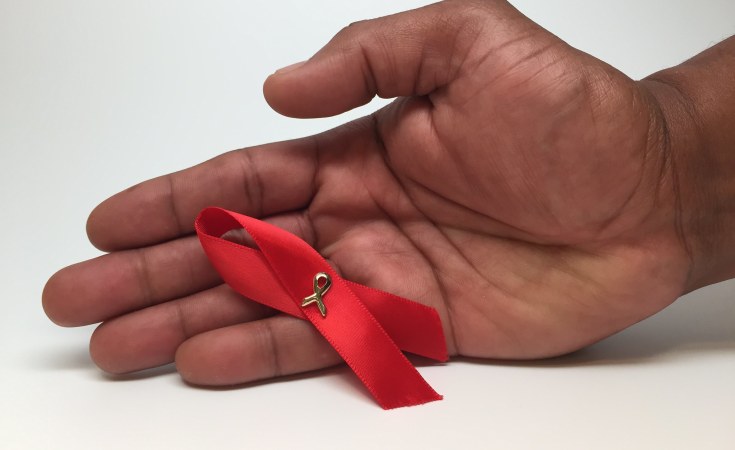Namibia and Lesotho were recently announced as two of six African countries which have achieved HIV epidemic control.
This was announced by the United States Agency for International Development (USAID) global health supply chain programme.
According to the findings, the two countries had high levels of viral suppression and retention in care, indicating effective treatment programmes.
Data from the Population-based HIV Impact Assessment surveys indicates that Lesotho and Namibia have made remarkable progress towards HIV epidemic control.
"There is high access to HIV care in Namibia, with more than 190 000 clients actively on ART treatment, indicating significant progress towards reaching or exceeding the Joint United Nations Programme on HIV-AIDS's 90-90-90 targets.
The project in Namibia implements various supply chain and technical assistance activities to ensure uninterrupted supplies of antiretroviral (ARV) medicines in the country," the agency says.
According to the programme, technical assistance is provided to the Central Medical Stores (CMS) in forecasting and quantifying the need for ARVs in the country.
It says this forecasting ensures that adequate supplies of medicine is available.
In 2019, USAID Global Health Supply Chain Programme-Procurement and Supply Management (GHSC-PSM) assisted Namibia in developing a needs-based budget method that used various parameters to ensure the national budget was distributed equitably to all 14 regions.
Every year since then, the CMS and the Ministry of Health and Social Services have depended on the project to assist in allocating budgets to healthcare facilities," USAID says.
According to the agency, the GHSC-PSM assisted the health ministry in changing antiretroviral treatment (ART) guidelines in 2019.
"The project was instrumental in bringing in the new treatment . . . in 90-count and 180-count bottles to make it easier for pharmacy staff to implement multi-month dispensing in three- and six-month multiples.
"Some of the products were directly procured, and forecasting technical assistance was provided to the ministry for government procurement," the agency reports.
Health ministry executive director Ben Nangombe yesterday said Namibia is honoured by the international recognition.
"It is a demonstration of the fact that the programmes we are implementing here are achieving the desired results . . .
"This is not only the success of the ministry, but also of the communities, individuals and organisations and associations of people who are living with HIV who are continuing to adhere to treatment," he said.
Nangombe said although challenges remain, Namibia will still aim to achieve the 97-97-97 goals by 2028.
"Meaning that by that time we would want to have a situation where 97% of people who are HIV positive know their status, 97% of those who know their status are on treatment, and 97% of those who know their status are virally suppressed," he said.
The agency said when the Covid-19 pandemic emerged in 2020, GHSC-PSM played a critical role in predicting supply chain shocks.
"The project advocated for multimonth dispensing through the ART Supply Chain Technical Working Group. For this implementation, facilities needed to have enough stock to start the process," it stated.
This intervention was successfully implemented and the project assisted the health ministry by monitoring progress.
LESOTHO
"The GHSC-PSM project in Lesotho supported the government of Lesotho and the priorities of the United States President's Emergency Plan for AIDS Relief (Pepfar) for global commodity procurement and logistics between 2016 and 2021.
The project has provided technical assistance to improve the long-term availability of health commodities and strengthen national supply chain institutions," USAID said.
Furthermore, the project ensured the continued availability of HIV commodities, tuberculosis preventive treatment, pre-exposure prophylaxis, and family planning commodities at the central and facility levels.
The availability of commodities supported partners to attain Pepfar testing, treatment targets, and objectives.
All of these approaches have been essential to guiding the country towards HIV epidemic control, the agency said.
The executive director of the Namibia Networks of AIDS Service Organisations, Sandie Tjaronda, commended the achievement, and went on to say that the gains are fragile, especially when funding for civil society is continuously decreasing.
"There isn't much money coming to community interventions, and these are the interventions that require funding to sustain these gains," she said.


